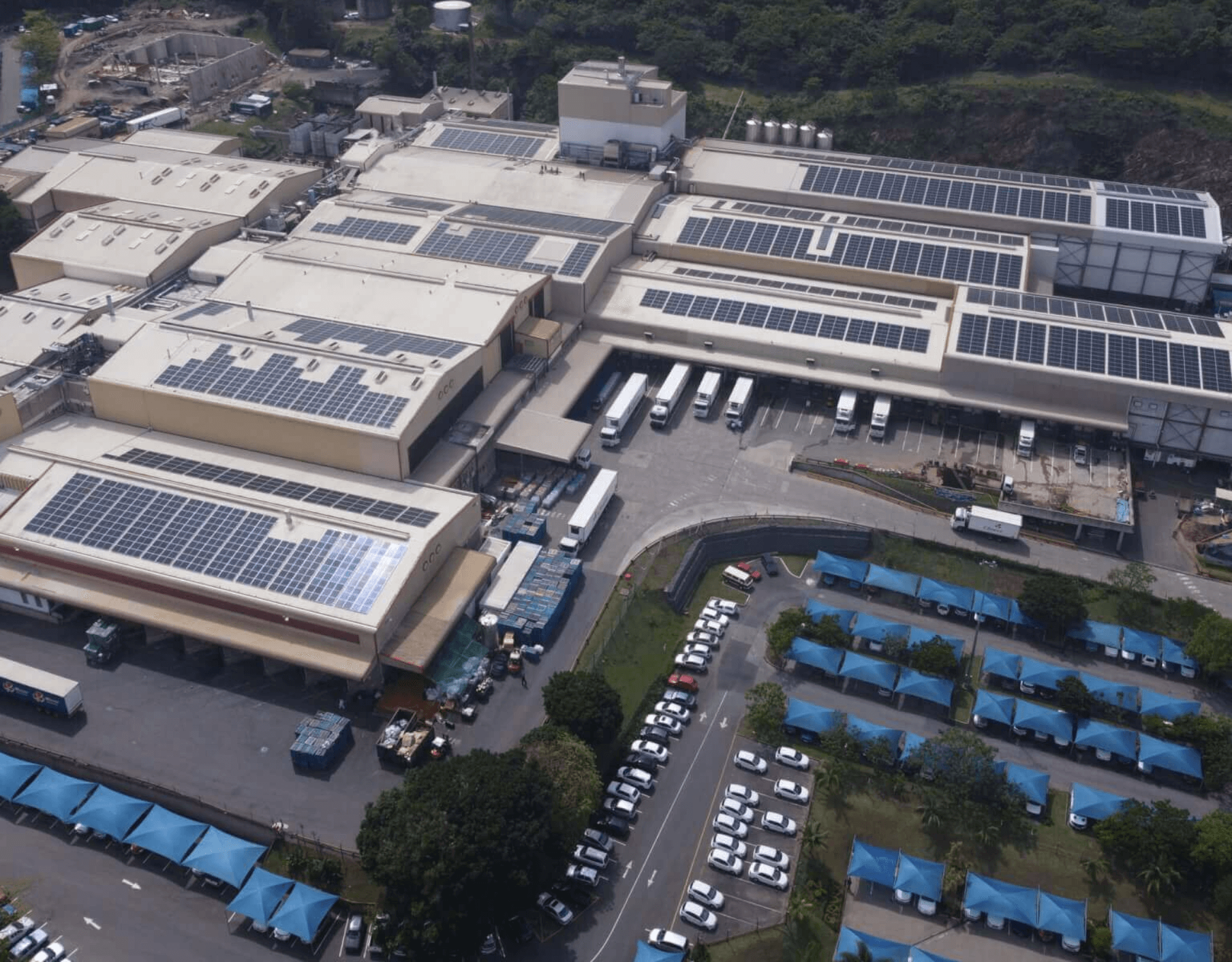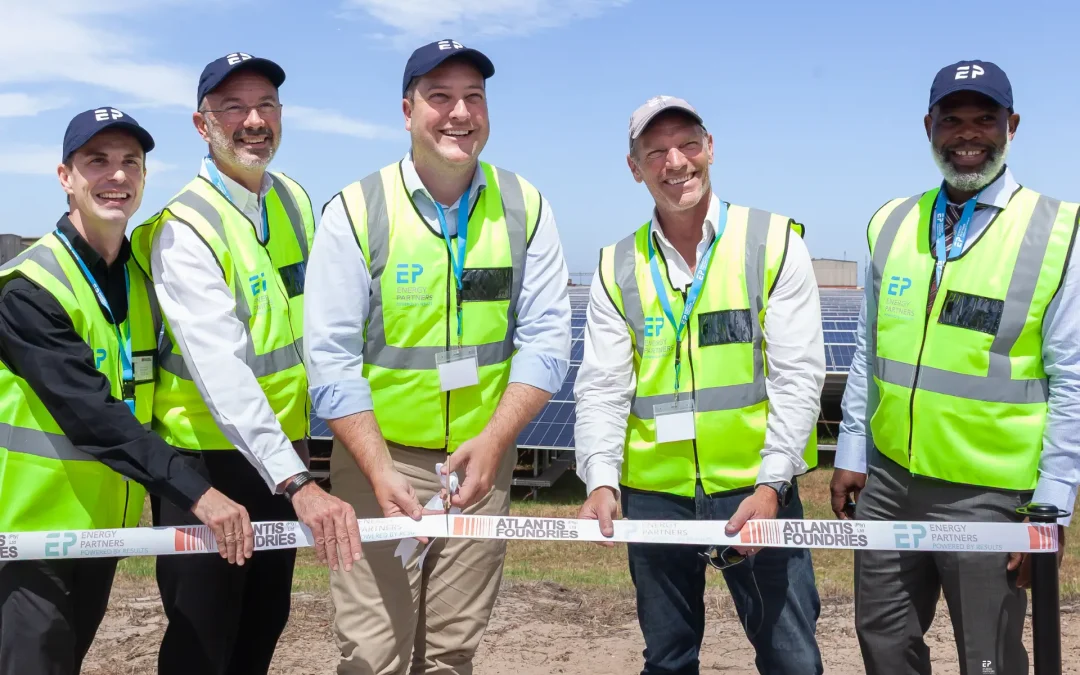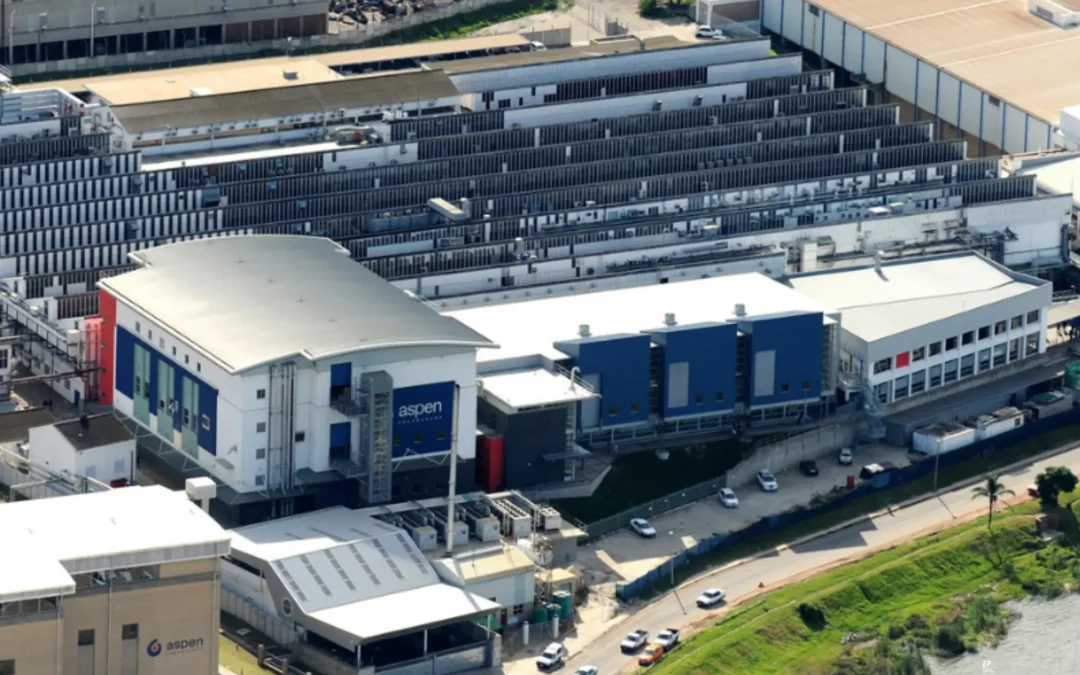Reducing carbon footprint, cutting down on energy spend and building sustainable businesses have become priority goals for businesses across the globe, but arguably nowhere more so than in South Africa. Rising energy costs, loadshedding and the pressure to be responsible corporate citizens in order to remain competitive means that greening businesses has become a matter of long-term survival. Within this context, industry leaders like food and beverage group, Clover S.A. – with the support of service providers such as Energy Partners (EP) – is paving the way and showing its peers what can be accomplished when sustainability is embraced.
Dawie Kriel, Head of Business Development at EP Refrigeration – a division of Energy Partners and part of the PSG group of companies – points to Clover’s Queensburgh factory as a case in point. “We were contracted to upgrade the facility with a new, state-of-the-art 10MW ammonia refrigeration system which will significantly cut its energy usage and increase the plant’s coefficient of performance by 30%.” The company also collaborated with EP Steam to install a more efficient boiler system, while EP Power was brought in to construct a 1.8MWp roof-mounted solar photovoltaic (PV) system to supply part of the refrigeration system’s electricity demand in what we have termed solar assisted refrigeration. “This multi-pronged approach is making a significant impact in reducing the facility’s carbon footprint,” says Kriel.
With Phase 1 of the refrigeration system installation nearing completion, he explains: “All of the facility’s cooling functionality has been taken over by the new compressors and condensers. Next, we will focus on getting the chilled water circuit and the ice dams up and running, as well as the Phase 2 low temperature plant – all of which should be operational by the second quarter of 2022.”
In addition to this, Kriel says that the client had three very important requirements for this build. “In line with the company’s focus on sustainability, we had to use natural refrigerants. Secondly, we had to make sure that this new system used at least a third less grid-tied energy than the baseline refrigeration plant. We accomplished this with second-to-second efficiency monitoring and adding solar power assist to the new refrigeration system. Thirdly, we had to ensure the installation of the new system was seamless, without impacting on their day-to-day production.
On the energy generation side of the project, Manie de Waal, CEO of EP Power says that the PV project had already commenced in September 2021, starting with the mounting structure and then moving on to the solar module installation in October. “All 2,800 modules have been successfully installed and cable management and DC stringing work is ongoing. The solar distribution board is expected to arrive on site in mid-November. Progress is going according to schedule with practical completion expected before the ‘builder’s break’ at the end of this year.”
Jonathan Probert, Head of Business Development for EP Steam explains that the plant’s water heating process is also taking a new direction. “Waste heat from the refrigeration system’s oil cooling circuit is being used to pre-heat the boiler feed water, which already reduces the facility’s overall coal consumption. Additionally, we’ve employed air-preheaters and economisers on each boiler to maximise energy efficiency. This, combined with EP’s premium boiler combustion control systems – designed in-house – will reduce coal consumption to an absolute minimum.” This move away from coal is in line with industry trends and with COP26 objectives.
He reports that the steam system design has been ongoing since inception and is now also nearing completion, with the entire system expected to be fully operational by July 2022.
Probert also points out that the entire system has been designed with future upgrades in mind. “The design of the refrigeration system takes into account future expansions up to 50% of the current capacity. The steam system has been designed to account for current expected demand as well as an assumed annual growth over the next 20 years. Consideration has also been given to expanding the boiler house by 30% at a later stage.”
Anton Pretorius, Group Manager: Product Technology & Technical Services at Clover S.A explains that the upgrades completed by EP Refrigeration and EP Steam, form part of a larger effort. “Project Sencillo is an ongoing R2 billion investment aimed at simplifying and optimising operations of the Clover business through rationalisation of production platforms (equipment and production facilities); consolidating distribution operations to align with our new manufacturing footprint; and to address the migration of the milk source to the coastal region. The project will have a positive socio-economic impact, including the creation of direct and indirect job opportunities through the various investments in the regions.”
He explains that from a manufacturing facility point of view, Clover’s existing 14 facilities will be consolidated into four mega-factories situated in Queensburgh, Port Elizabeth, Clayville and Bloemfontein. “In addition, these efforts tie into our existing Green Strategy for the business, which, among other efforts includes reducing carbon emissions at our in-plant facilities and reducing our electricity and water usage,” adds Pretorius.
The project at Clover’s Queensburgh factory is a feather in Energy Partners’ cap, according to Kriel, and a stellar example of best practice in sustainability issues from multiple fronts. “The unique solution that Energy Partners has offered Clover perfectly demonstrates what a multi-disciplinary energy specialist is able to achieve and we are honoured to have been selected as their partner in a project of this scale,” he concludes.





